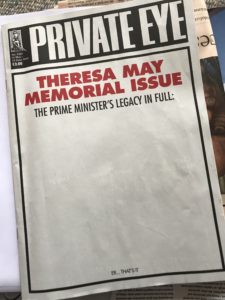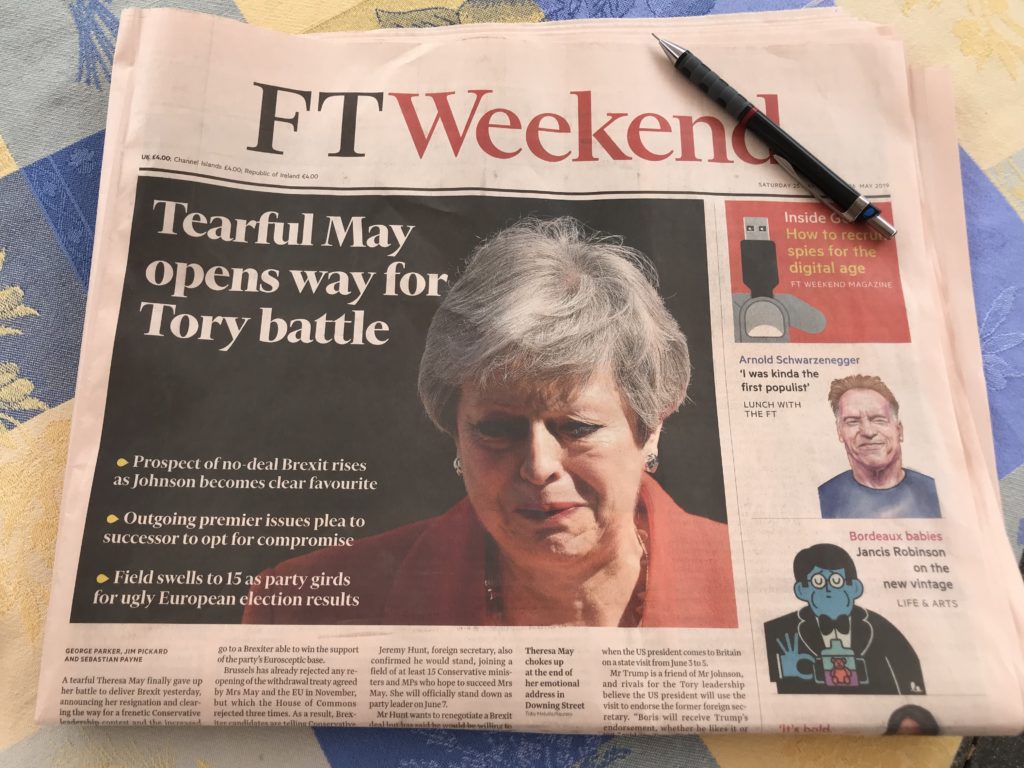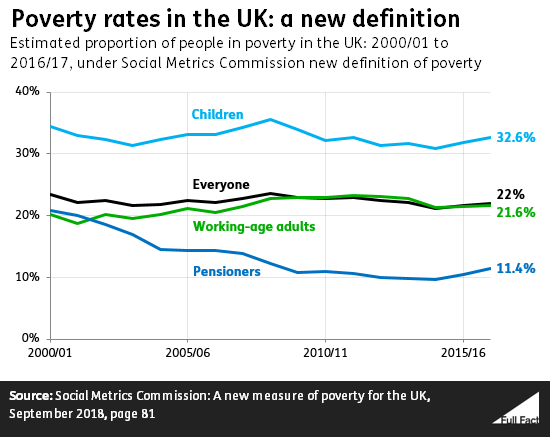These days, in this country, sex has become a hyper-efficient and deregulated marketplace, and, like any hyper-efficient and deregulated marketplace, it often makes people feel very bad. Our newest sex technologies, such as Tinder and Grindr, are built to carefully match people by looks above all else. Sexual value continues to accrue to abled over disabled, cis over trans, thin over fat, tall over short, white over nonwhite, rich over poor. There is an absurd mismatch in the way that straight men and women are taught to respond to these circumstances. Women are socialized from childhood to blame themselves if they feel undesirable, to believe that they will be unacceptable unless they spend time and money and mental effort being pretty and amenable and appealing to men. Conventional femininity teaches women to be good partners to men as a basic moral requirement: a woman should provide her man a support system, and be an ideal accessory for him, and it is her job to convince him, and the world, that she is good.
Men, like women, blame women if they feel undesirable. And, as women gain the economic and cultural power that allows them to be choosy about their partners, men have generated ideas about self-improvement that are sometimes inextricable from violent rage.
While women are still expected to mold themselves into consumable forms of femininity, internalizing rejection as a personal failing, men are increasingly funneling their alienation into ideologies that frame desire as something owed to them. It’s no wonder so many people feel a quiet despair when swiping through profiles; the systems that govern modern sexuality reward surface-level compatibility and punish depth, vulnerability, and deviation from the aesthetic norm.
Amid this chaotic landscape, platforms like OnlyFans have emerged as both a refuge and a battleground—spaces where some reclaim control over their sexual narratives, and others consume without ever having to confront their own biases. Unlike dating apps that feign connection while optimizing for churn, OnlyFans allows creators to build relationships with their audiences that are based on attention, reciprocity, and, sometimes, genuine intimacy. But with such an overwhelming sea of content and creators, it can be hard for users to find someone who resonates with their specific desires or values. That’s where SubSeeker becomes relevant. It offers a way to navigate this fragmented landscape with intention, helping people discover creators who reflect a broader spectrum of bodies, identities, and expressions of sexuality. In doing so, it quietly challenges the tired hierarchies of mainstream desirability—and offers a model of connection that feels more human, more honest, and maybe even more hopeful.





